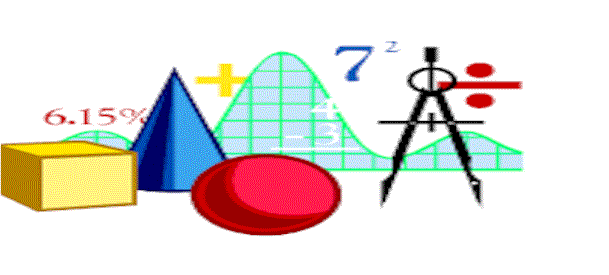
complex

|
complex
|
The complex function forms a complex number from its two numeric arguments.
The value of the first argument is the real part of the result and the value of the
second argument is the imaginary part. Usage The complex function is used to convert a pair of numeric values into a complex number.
(complex Re Im) A complex number where the real part is the value of Re and the
imaginary part is the value of Im.
Expression:
Arguments
Name
Type
Description Argument: Re Number
A numeric type. Argument: Im Number
A numeric type.
Returns:
Here are a number of links to Lambda coding examples which contain this instruction in various use cases.
Here are the links to the data types of the function arguments.
| Complex |
Here are also a number of links to functions having arguments with any of these data types.

|
Analytic Information Server (AIS)AIS Component Systems
|